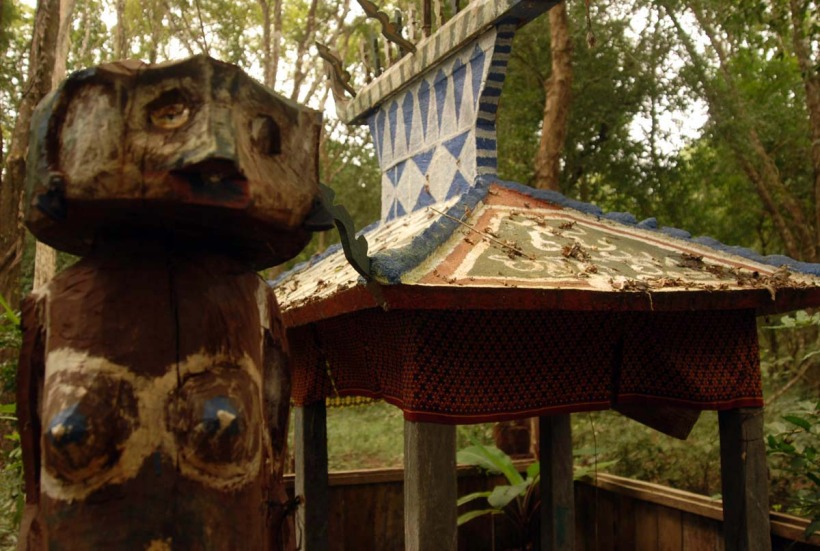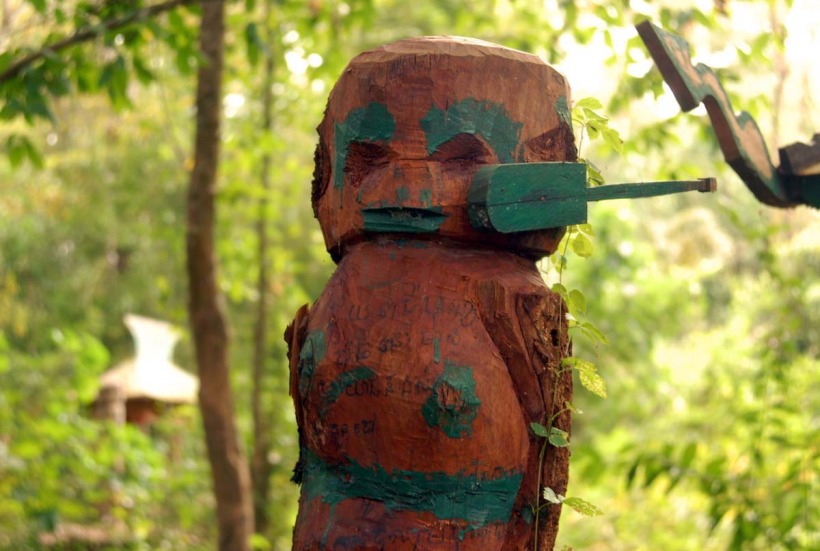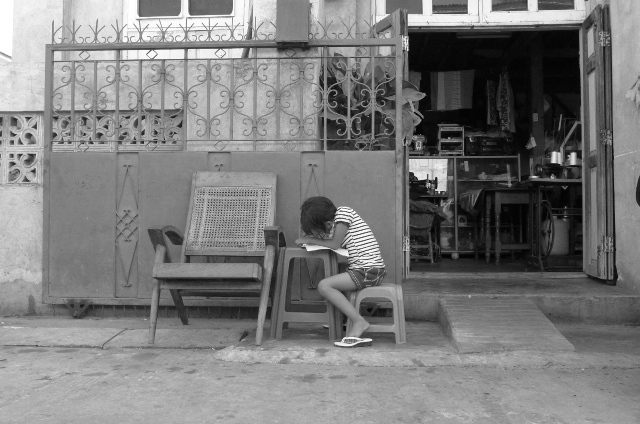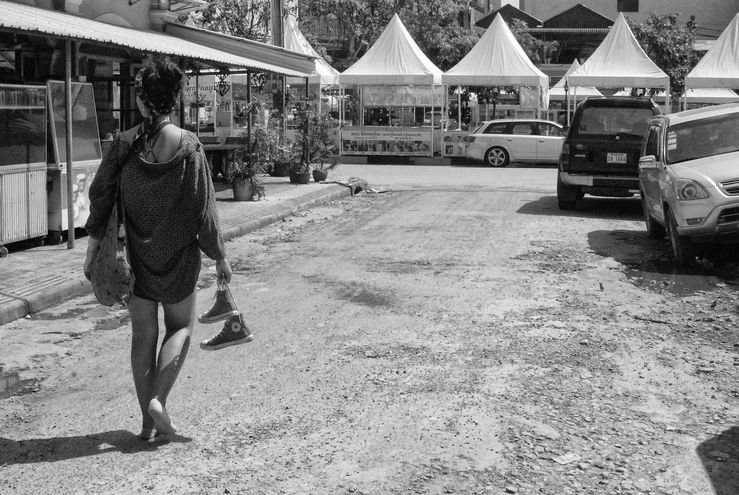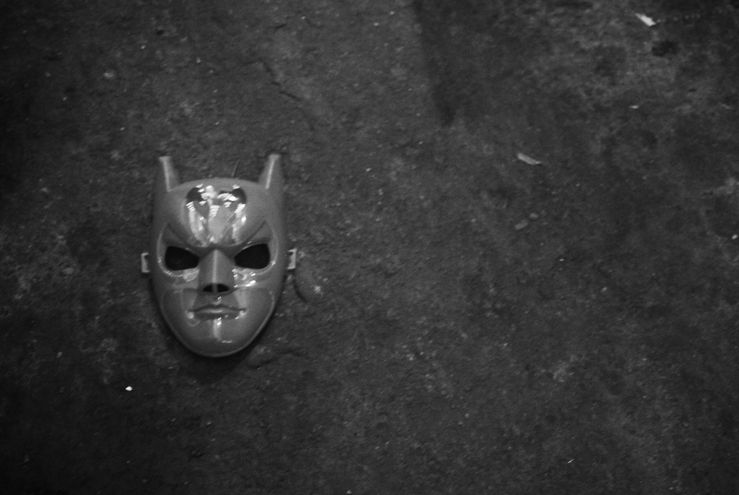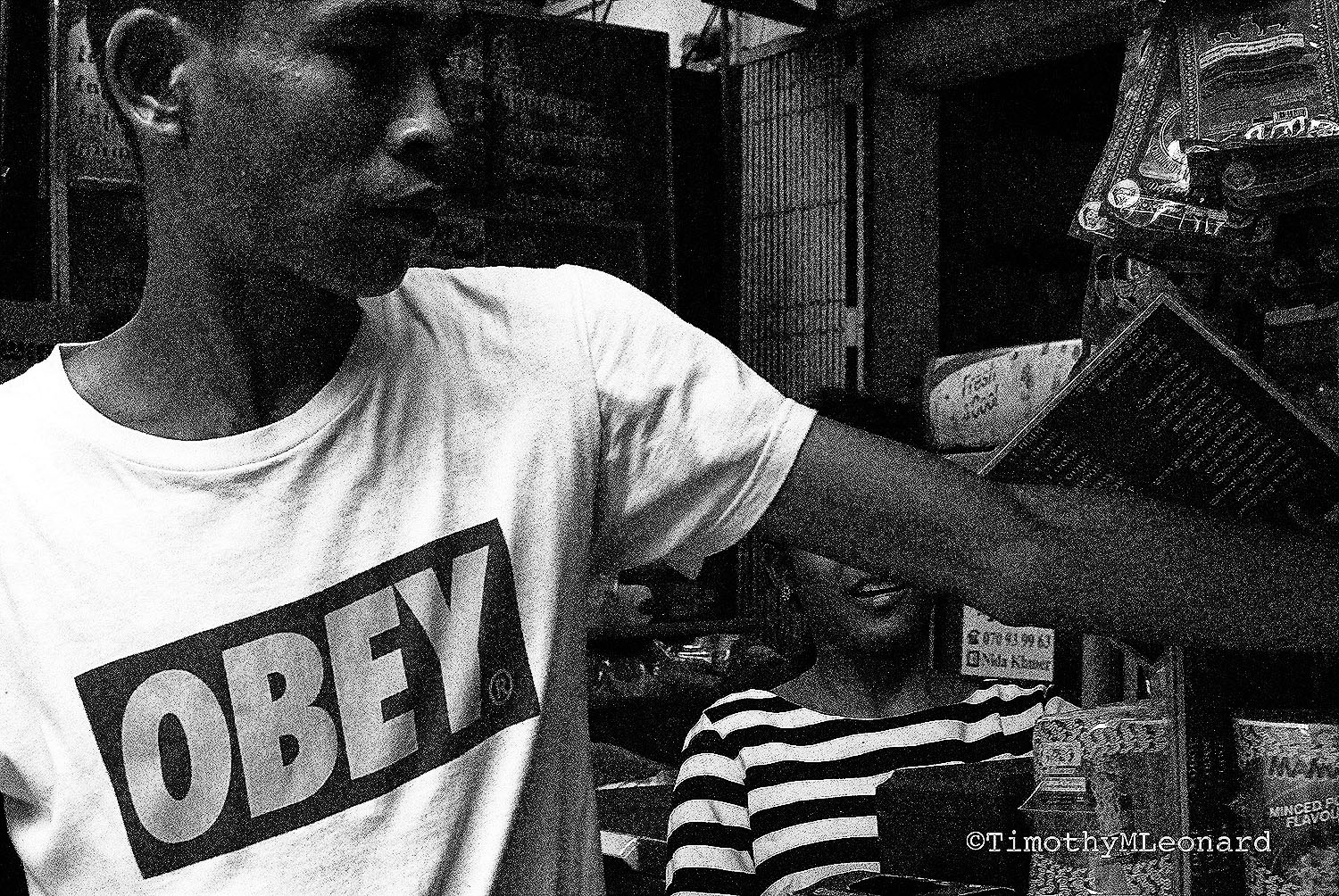Page 95
Thanks to everyone who subscribed to this blog feed. Enjoy the adventure...
*
A child painting with smoke on mirrors blasted light, “Hey. That’s what the Greeks believed. Everything was beauty and order.”
“Order, structure, design, form, function, oratory, mathematics, seven musical notes. Beauty originated with them didn’t it?”
“You got it,” said the painter. “Hey, you know what? I think we all need to take the day off and be creative.”
“The present moment is eternal reality,” whispered a child. “We live in the eternity of the instant.”
“It’s about process not product. How we learn not what we learn.”
“Whew, that’s deep!”
“Yeah, we’re all in the shit, it’s only the depth that changes.”
“Yeah, if it’s not one thing it’s something else.”
“Fools speak the truth.”
“Fools are everywhere. We dance or die. If fate doesn’t make you laugh you don’t get the joke. Truth value meaning is in the mystery.”
“Tunkashila is grandfather’s spirit. It’s wisdom and calmness,” said children in a sacred circle. “It is the way of the warrior. We are all warriors.”
Rose listened with her heart-mind. She knew others were not ready to receive the wisdom of children. Their terminal existence validated life memories where wheelchair rubber met the road.
The children were spiritual warriors with distinct vibrations and energy frequencies. The future would be a scary time for generations unaccustomed to their authenticity.
Rose knew it’d be a beautiful decision putting the disability act in their short sweet Ghost Dance - maybe in the rising action leading to an epiphany or in the falling action with heart-breaking catastrophic transformational awareness. Cut. The end. Cue applause.
“How can I know what I think until I see what I say?” said a child with reported speech. Their wheel of life played tag with crazy wisdom. Mu-shin, their state of “no-mind” blossomed where thought, emotions and expectations did not matter.
Who’s dragging around this bag of bones? Where do I park this empty vehicle? I have poems and stories to finish that I haven’t even started yet.
“To sleep, perchance to dream.”
“A dream is an unfulfilled wish,” said a kid with a Ph.D. in Psychoanalysis from the Jung Institute in Zurich.
“What else did he say?”
“He said, ‘There is no royal road to wisdom. To arrive in the future I must journey to the past. To attain the sanity with the One, I must risk the whirling madness of the possessed. One must confront their shadow or be crushed by it.”
“I like it,” said Rumi. “What else?”
“Well, here’s another cool thing he said. “‘I liken the formation of a character to weaving fabric. You know what happens when you make a mistake? The whole pattern is spoiled. You have a choice. You can finish the garment, however it will always be botched and ugly or you can unravel the weaving back to the mistake and start again. That’s basically what analysis is about. It’s a tedious job. The patient is scared and hostile. The analyst lends patience, honesty and courage.’”
“Excellent,” yelled kids, “here’s to our being patient patients with honesty and courage.”
“Speaking of courage, I’m looking for someone who knows reading and writing,” said Rose.
“I can read and write,” said the children. "We also love drawing, singing and dancing.”
“Reading and writing is power. Dance is life. Perfect. Let’s go together,” said Rose.
Downstairs at Sacred Heart a translucent mother saw her grief reflected in Beauty’s mirror. “This is my worst nightmare,” whispered her heart-mind.
Rose said, “Afraid to face the truth adults run away. They run away carrying their fear like a heavy bag of bricks. They are afraid to see the beauty, strength and dignity of Death and letting go.”
“Why?” said mother.
“They stay away because they are afraid of saying the wrong thing. The child’s spirit is pure energy. They have the strength to let go. Adults find Death a scary thing so they run away.”
“I see,” said a gardener trimming thorns below a tree house. “I know Death’s beauty and wisdom. Metaphors and mortality exist with initial memories. Memories are figments of our imagination. I am a dreamer in nature, bigger than the universe, in never-never-cuckoo land. I am a witness collecting evidence that tells no lies. The deeper you go the deeper the bliss.”
“I live with suffering,” said Rose. “I am a pain sponge.”
The gardener said, “I administer thorn pain. I ask strangers if they desire suffering and awareness. I distribute thorns to the needy greedy. I am very busy. Demand is high. My thorn supply is infinite. I am authorized to administer inoculations in life’s weaving process. Weavers prick themselves in the process of creativity. Their blood is part of the dye.”
“Fascinating,” Rose said. “Your silver tongue doesn’t fool me. You’ve seduced and satisfied more emotionally starved women with your tongue than you can recall. I inhale suffering and exhale love. We are all Death deferred. Be grateful.”
“To know Death one has to live. To live one has to die,” said the gardener. “I meditate on the process of death. I remember the future.”
Rose’s departure created a vacuum.
The trapped mother realized her ice reality. Concise crying crystals reflected clarity. Suffering from fate and free will she danced in flames seeking her SAVE key.
Hearing a child say, “I need help,” she received a blessing.
A child whispered, “The ending is the middle.”
“The middle is the beginning,” said a child. “You can start the story anywhere.”
“We are all orphans sooner or later,” said Rose. “We bury our successes and failures in the same grave.”
Death and the gravedigger agreed. “Everyone comes to us.”
ART Adventure, Risk, Transformation
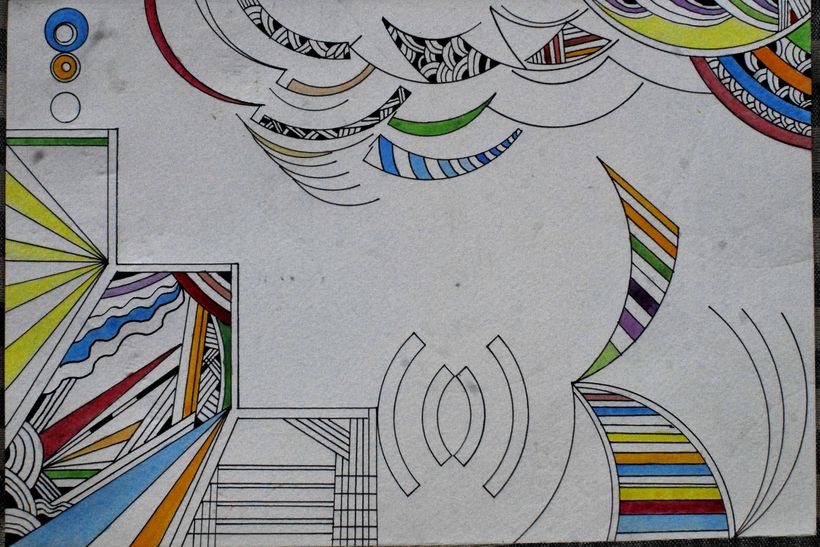






 Share Article
Share Article 